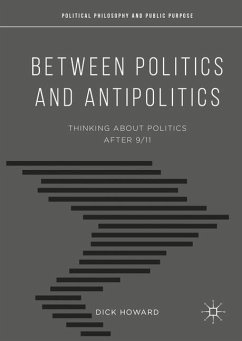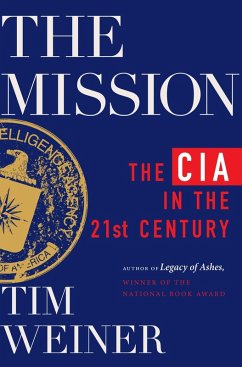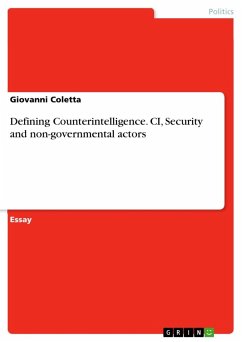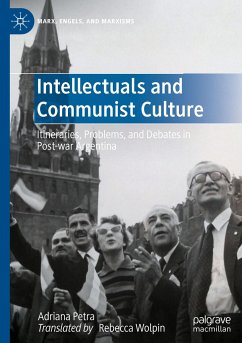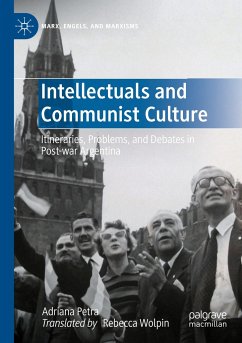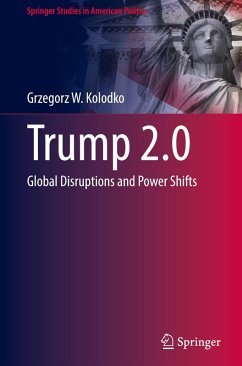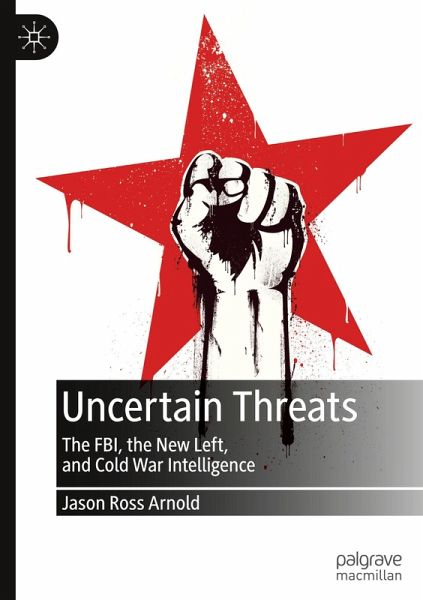
Uncertain Threats
The FBI, the New Left, and Cold War Intelligence

PAYBACK Punkte
52 °P sammeln!
What if the FBI s surveillance of the New Left wasn t only about repression and cynical self-interest?This book revisits one of the most controversial episodes of the Cold War: the FBI s counterintelligence investigations into the activist leaders of SDS and other radical groups. While scholars have rightly emphasized political overreach, constitutional violations, and the Bureau s institutional self-interest, newly declassified documents reveal that it also possessed a stream of intelligence often fragmentary, sometimes credible that pointed to international ties many scholars have overlooked...
What if the FBI s surveillance of the New Left wasn t only about repression and cynical self-interest?
This book revisits one of the most controversial episodes of the Cold War: the FBI s counterintelligence investigations into the activist leaders of SDS and other radical groups. While scholars have rightly emphasized political overreach, constitutional violations, and the Bureau s institutional self-interest, newly declassified documents reveal that it also possessed a stream of intelligence often fragmentary, sometimes credible that pointed to international ties many scholars have overlooked or discounted.
Through close historical analysis of this evolving intelligence picture, the book complicates the dominant narrative of Hoover-era surveillance. It shows how the FBI and other agencies perceived the New Left s developing connections to Cuba, North Vietnam, and other Communist powers, and why they came to see those ties as potential counterintelligencethreats.
Rather than defending the Bureau s conduct, the book seeks to understand it on its own terms, emphasizing how counterintelligence agencies operate amid deep uncertainty and limited oversight. In doing so, it offers a new perspective on the internationalization of the New Left, the nature of foreign influence, and the machinery of Cold War security. A work of historical and analytical recovery, it challenges prevailing narratives in U.S. political history, intelligence studies, and the historiography of the 1960s.
This book revisits one of the most controversial episodes of the Cold War: the FBI s counterintelligence investigations into the activist leaders of SDS and other radical groups. While scholars have rightly emphasized political overreach, constitutional violations, and the Bureau s institutional self-interest, newly declassified documents reveal that it also possessed a stream of intelligence often fragmentary, sometimes credible that pointed to international ties many scholars have overlooked or discounted.
Through close historical analysis of this evolving intelligence picture, the book complicates the dominant narrative of Hoover-era surveillance. It shows how the FBI and other agencies perceived the New Left s developing connections to Cuba, North Vietnam, and other Communist powers, and why they came to see those ties as potential counterintelligencethreats.
Rather than defending the Bureau s conduct, the book seeks to understand it on its own terms, emphasizing how counterintelligence agencies operate amid deep uncertainty and limited oversight. In doing so, it offers a new perspective on the internationalization of the New Left, the nature of foreign influence, and the machinery of Cold War security. A work of historical and analytical recovery, it challenges prevailing narratives in U.S. political history, intelligence studies, and the historiography of the 1960s.



